
Where Wolf: The Search for ChiefsAholic(2023)
“Where Wolf: The Search for ChiefsAholic,” a new longform documentary from SC Featured, unravels the astonishing tale of a fervent Kansas City Chiefs superfan, Xaviar Babudar. The 40-minute “Where Wolf” takes viewers on a gripping journey through the life of Babudar, a passionate football enthusiast whose alleged actions took a criminal turn, leaving the nation in shock. In his first public comments since his second arrest, Babudar – through his lawyer – responds from jail to extensive questions from ESPN’s Elizabeth Merrill, one of the feature’s reporters.
Movie: Where Wolf: The Search for ChiefsAholic
Video Trailer Where Wolf: The Search for ChiefsAholic
Similar Movies
 7.6
7.6Attacking the Devil: Harold Evans and the Last Nazi War Crime(en)
Before the internet. Before social media. Before breaking news. The victims of Thalidomide had to rely on something even more extraordinary to fight their corner: Investigative journalism. This is the story of how Harold Evans fought and won the battle of his and many other lives.
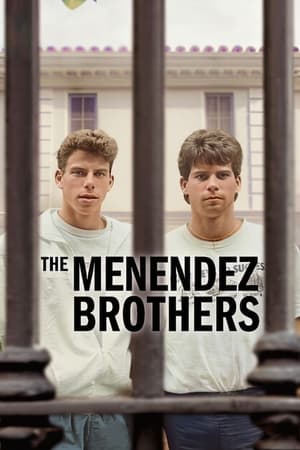 7.5
7.5The Menendez Brothers(en)
Serving life in prison for murdering their parents, Lyle and Erik Menendez speak out in this documentary explaining the shocking crime and ensuing trials.
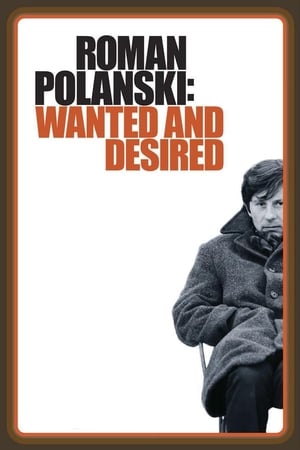 6.4
6.4Roman Polanski: Wanted and Desired(en)
Examines the public scandal and private tragedy which led to legendary director Roman Polanski's sudden flight from the United States.
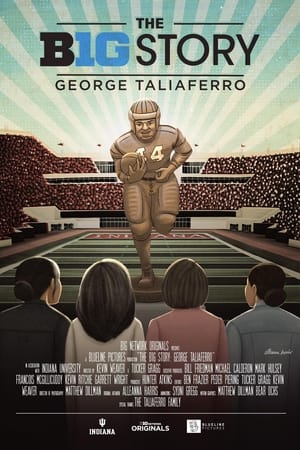 0.0
0.0The B1G Story: George Taliaferro(en)
He was the first Black American drafted in the NFL, the only man to play 7 positions in the NFL. In college, his popularity enabled him to racially integrate the town of Bloomington, Indiana. He even integrated the local theater with the twist of a screwdriver. So why does no one know his name?
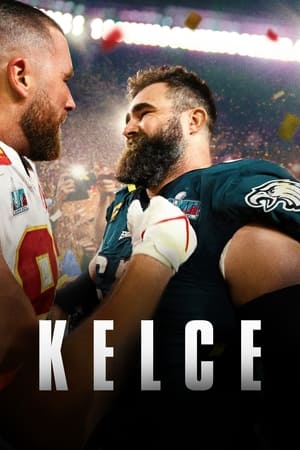 7.4
7.4Kelce(en)
An intimate and emotional documentary that chronicles Philadelphia Eagles team captain and All-Pro center Jason Kelce’s 2022 season, which began with him confronting one of the most challenging decisions any professional athlete will ever face—is now the time to hang it up?
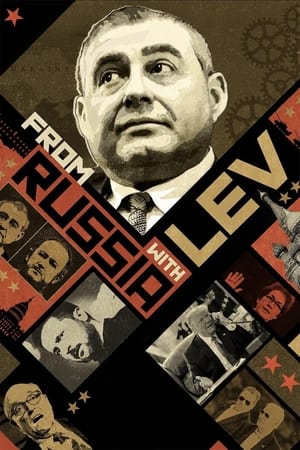 8.7
8.7From Russia with Lev(en)
A documentary exploring Lev Parnas' involvement in the Trump-Ukraine scandal that resulted in the former president's impeachment, detailing Parnas' unexpected entanglement with Trump and Giuliani, leading to his incarceration.
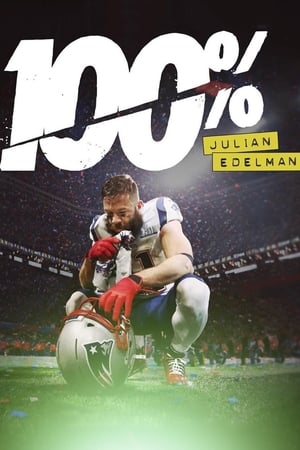 7.0
7.0100%: Julian Edelman(en)
A look inside Julian Edelman's journey from major injury to Super Bowl MVP in 2019.
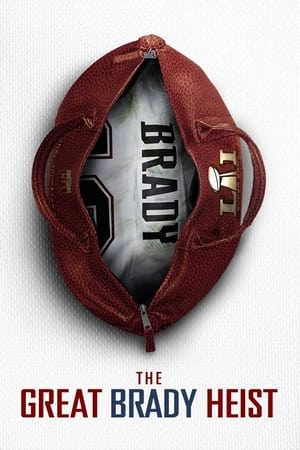 9.0
9.0The Great Brady Heist(en)
Documentary chronicles the disappearance of Tom Brady's jersey following the New England Patriots improbable Super Bowl LI comeback victory over the Atlanta Falcons. Through never-before-seen footage and exclusive conversations with Brady and others behind-the-scenes, the film looks intricately at the investigation as well as the boundaries of fandom and redemption.
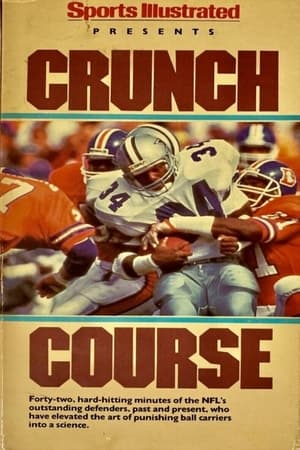 0.0
0.0Crunch Course(en)
Forty-two, hard-hitting minutes of the NFL's outstanding defenders, past and present, who have elevated the art of punishing ball carriers into a science
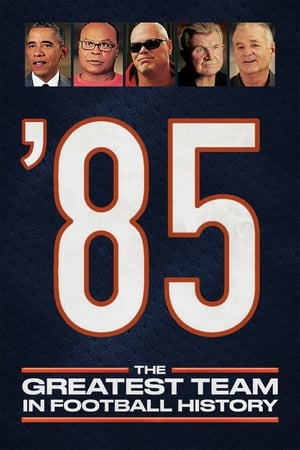 8.2
8.2'85: The Greatest Team in Football History(en)
Through never-been-seen-before footage and fascinating interviews with key members of the 1985 Chicago Bears -- Mike Ditka, Jim McMahon, Mike Singletary, and others -- you will hear the inside story of their historic season.
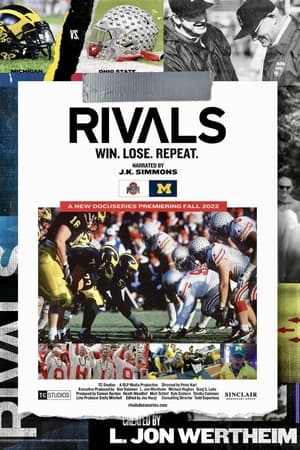 0.0
0.0Rivals: Ohio State vs. Michigan(en)
Explores the history of "The Game," the annual football matchup between bitter rivals Ohio State and Michigan
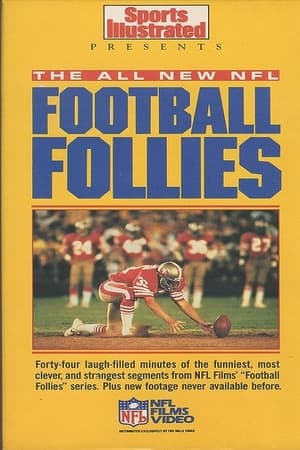 0.0
0.0The All New NFL Football Follies(en)
This collection of football follies comes from Sports Illustrated and was a subscription bonus for signing up to the magazine.
 8.0
8.0Unicorn Town(en)
Despite having just 40,000 residents and limited financial resources, the Schwäbisch Hall Unicorns have been able to compete at the highest level of football in all of Europe. But as more money floods into the sport, coaches and fans must face the question: has this team become a relic of the past or can their remarkable culture propel them beyond the constraints of reality?
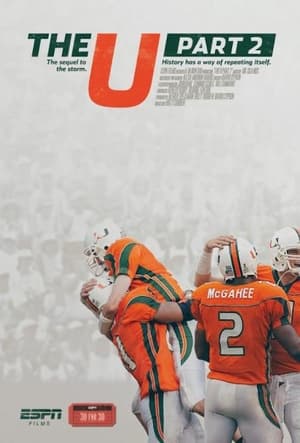 7.5
7.5The U Part 2(en)
Part 2 picks up where the original film left off, with the program trying to recover from the devastation left by NCAA sanctions and scandals that had some calling for the school to drop football. The Hurricanes rose from those ashes to win another national championship, only to face new controversies when a booster used a Ponzi scheme to win favor with the program.
 8.5
8.5JonBenét Ramsey: What Really Happened?(en)
For the first time, exclusive and never before heard audio diaries of legendary detective Lou Smit will reveal captivating insight into one of America's most notorious cold cases - the murder of 6-year-old pageant queen JonBenét Ramsey.
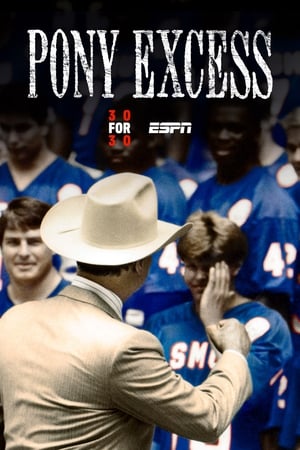 7.2
7.2Pony Excess(en)
From 1981-1984, a small private school in Dallas owned the best record in college football. The Mustangs of Southern Methodist University were riding high on the backs of the vaunted "Pony Express" backfield. But as the middle of the decade approached, the program was coming apart at the seams. Wins became the only thing that mattered as the University increasingly ceded power of the football program to the city's oil barons and real estate tycoons and flagrant and frequent NCAA violations became the norm. In 1987, the school and the sport were rocked, as the NCAA meted out "the death penalty" on a college football program for the first and only time in its history. SMU would be without football for two years, and the fan base would be without an identity for 20 more until the win in the 2009 Hawaii Bowl. This is the story of Dallas in the 1980's and the greed, power, and corruption that spilled from the oil fields onto the football field and all the way to the Governor's Mansion.
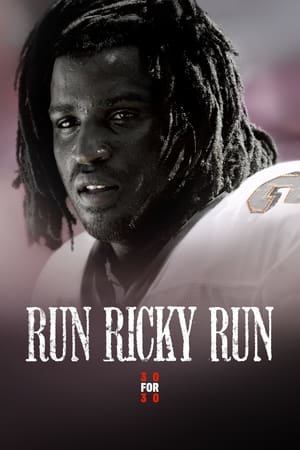 6.5
6.5Run Ricky Run(en)
Ricky Williams does not conform to America’s definition of the modern athlete. In 2004, with rumors of another positive marijuana test looming, the Miami Dolphins running back traded adulation and a mansion in South Florida for anonymity and a $7 a night tent in Australia. His decision created a media frenzy that dismantled his reputation and branded him as America's Pothead. But while most in the media thought Williams was ruining his life by leaving football, Ricky thought he was saving it. Through personal footage recorded with Williams during his time away from football and beyond, filmmaker Sean Pamphilon takes a fresh look at a player who had become a media punching bag and has since redeemed himself as a father and a teammate.
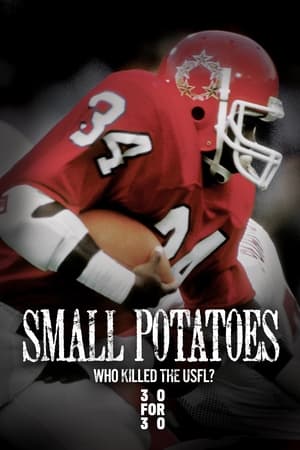 7.0
7.0Small Potatoes: Who Killed the USFL?(en)
In 1983 the upstart United States Football League (USFL) had the audacity to challenge the almighty NFL. The new league did the unthinkable by playing in the spring and plucked three straight Heisman Trophy winners away from the NFL. The 12-team USFL played before crowds that averaged 25,000, and started off with respectable TV ratings. But with success came expansion and new owners, including a certain high profile and impatient real estate baron whose vision was at odds with the league’s founders. Soon, the USFL was reduced to waging a desperate anti-trust lawsuit against the NFL, which yielded an ironic verdict that effectively forced the league out of business. Now, almost a quarter of a century later, Academy Award-nominated and Peabody Award-winning director Mike Tollin, himself once a chronicler of the league, will showcase the remarkable influence of those three years on football history and attempt to answer the question, “Who Killed the USFL?”
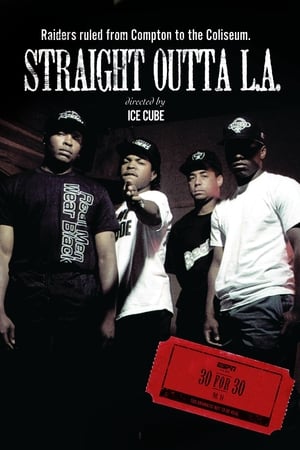 6.2
6.2Straight Outta L.A.(en)
In 1982, the Raiders and owner Al Davis captivated black and Latino fans with swagger and charisma that matched the rapidly changing city.
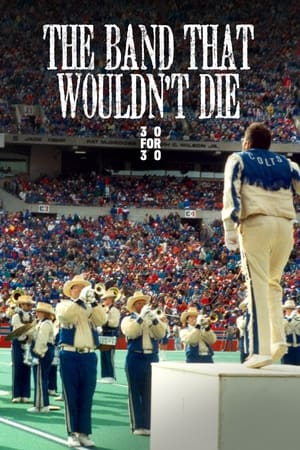 6.3
6.3The Band That Wouldn't Die(en)
In late March of 1984, a moving company secretly packed up the Baltimore Colts’ belongings and its fleet of vans sneaked off in the darkness of the early morning. Leaving a city of deeply devoted fans in shock and disbelief. What caused owner Robert Irsay to turn his back on a town that was as closely linked to its team as any in the NFL? Academy Award-winning filmmaker Barry Levinson, himself a long-standing Baltimore Colts fanatic, will probe that question in light of the changing relationship of sports to community. Through the eyes of members of the Colts Marching Band, Levinson will illustrate how a fan base copes with losing the team that it loves.

